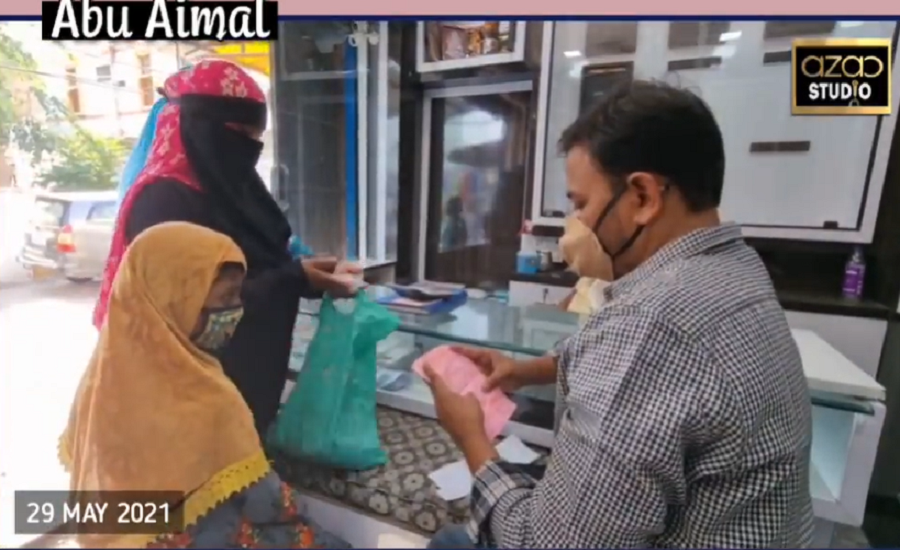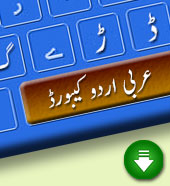Live Makkah
Live Madinah
Urdu Font Download
Latest News:
Padubidri: Fishing boat capsizes; all 7 fishermen on board rescued Alleged atrocity on lawyer: Punjalakatte SI suspended Moral policing at jewellery shop: 4 arrested Bajrang Dal activists try to assault youth, girlfriend in Mangaluru SC to hear Bilkis Bano’s plea against release of 11 convicts on 13 Dec Nusrat Noor: First Muslim Woman to Top Jharkhand Public Service Commission
Latest News:
Padubidri: Fishing boat capsizes; all 7 fishermen on board rescued Alleged atrocity on lawyer: Punjalakatte SI suspended Moral policing at jewellery shop: 4 arrested Bajrang Dal activists try to assault youth, girlfriend in Mangaluru SC to hear Bilkis Bano’s plea against release of 11 convicts on 13 Dec Nusrat Noor: First Muslim Woman to Top Jharkhand Public Service Commission
Lockdown Woes: Poor Women in Hyderabad Seeking Money from Pawn Shops

New Delhi, 30 May 2021 [Fik/News Sources]: In the Muslim-dominated old city of Hyderabad, the poor have always had a hand to mouth existence but after the lockdown, imposed in Telangana since May 12, they are on the verge of starvation as the menfolk are generally out of work.
A sizable number of them are employed in bangle stores, footwear shops and cloth stores with some working as daily wage labourers and auto drivers. The lockdown has rendered them jobless. Majority of them have literally no source of earning. The only source left to them is to borrow money on interest from money lenders or pledge something valuable at pawn shops or ‘rahen centres’ as they are known in Hyderabad.
Prices have skyrocketed adding to their woes. One resident of Saidabad, an auto driver, made a public appeal to the Chief Minister of Telangana, K. Chandrashkhar Rao, to take note of the plight of the poor in Hyderabad. “We are given 6 kgs of rice per month from the PDS. Should we just eat rice? What about other commodities? Things are so expensive and we can hardly afford them,” the auto driver has been quoted as saying in the media.
Abu Aimal, an independent journalist who also runs a news channel on YouTube, recently visited some of the pawn shops in the old city of Hyderabad. He found that on an average 15 burqa-clad women are visiting each ‘rahen center’ every day to pledge their gold and borrow money on interest to run their house.
Rahen centre
The rate of interest at these pawn shops is anything between 10-15% per month which is very high as compared to the interest rate of a bank. But the women hailing from poor families have no choice.
Abu Aimal spoke to such women and on finding out about their plight, persuaded them not to pledge their gold at such a heavy rate of interest. Later, he and his volunteers visited their homes and distributed money and ration. He has also redeemed the articles pledged by some women by paying the amount to the pawnbroker.
“Poor people hardly own any gold. And what little they own the women pawn it for small amount of money which they can never repay because the rate of interest is high and by the end of a year or more they will have lost it,” he explained while talking to Clarion India.
In the 15 rahen centres Abu Aimal covered in two days he found that around 600 women had visited them to pawn something or the other.
More than food for their children, it is the burden of paying house rent that is forcing these women to take this extreme step. According to Abu Aimal, the women told him that faced with the pressure from landlords, they first try to borrow from relatives and neighbours, failing which they come to the pawnbroker as a last resort.
The items being pledged by them are usually a pair of ear rings or finger rings that hardly fetch a substantial amount. But they end up paying more than they borrow, he said.
Some women are also borrowing to meet medical expenses.
“The Government is not concerned about the poor”, said Abu Aimal. “It is always the NGOs of the city that have stood up for the poorest of the poor. Be it floods, oxygen shortage or lockdown, we have not seen much action from the government. So it is futile to expect anything from the government,” he added.
Another activist Lateef Mohammed Khan said, “Muslim women in the old city are very impoverished. At any time of the year you can see them at the rahen centres. But this lockdown has hit them hard and now there are more women than in normal times. These women are trapped in the vicious cycle of these money lenders that they are in perpetual debt as the interest rates are high.”
Abu Aimal feels that one solution for Muslims to borrow money in times of emergency such as these is having an Islamic bank where the money lent is interest free thus not burdening the already burdened poor folk. And also saving them from ‘sood/riba’ or interest, which is a grave sin in Islam.
Abu Aimal is mobilising funds from generous donors who believe in alleviating poverty, especially of people in the old city where poverty is rampant.
Prayer Timings
| Fajr | فجر | |
| Dhuhr | الظهر | |
| Asr | أسر | |
| Maghrib | مغرب | |
| Isha | عشا |








